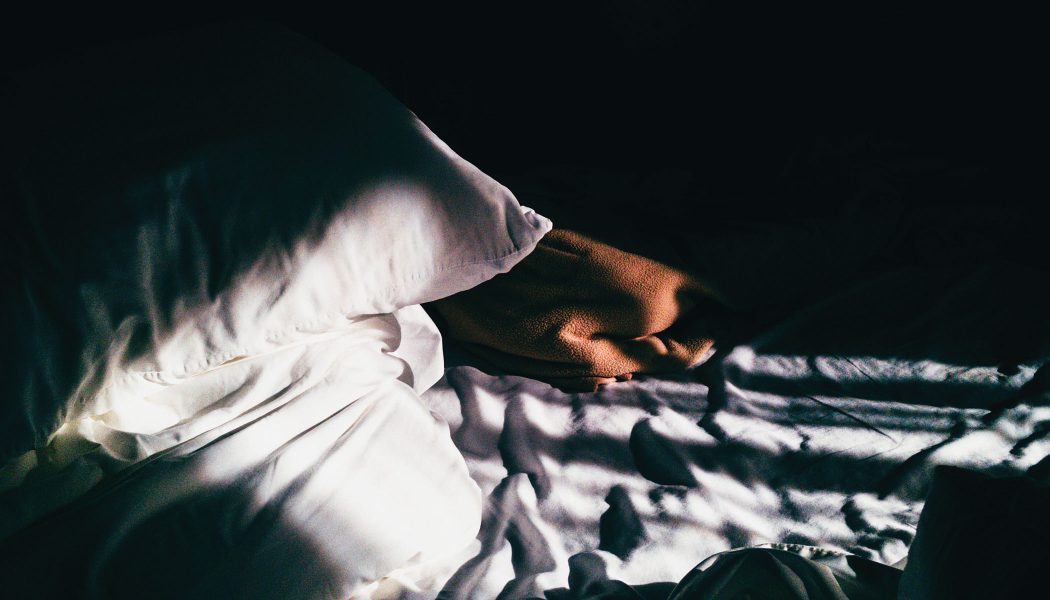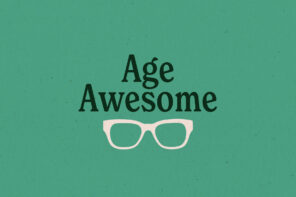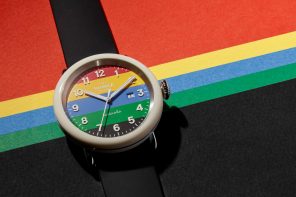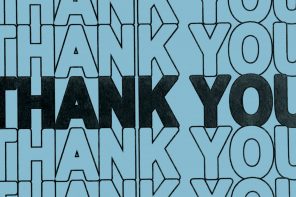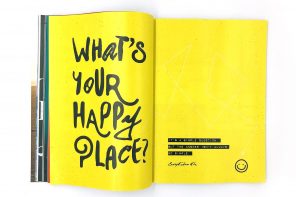This is going to seem like a radical notion. But try it. You may like it. Don’t sleep with your phone. Turn it off or at least put it on DND when it’s time for some Zzzzzs.
If that suggestion just sent pangs of anxiety pulsing through your body, you are not alone. Mr. Jobs’ innovation, to create a supercomputer we could all put in our pockets that ended up replacing everything from meet-cutes to calendars to clock radios, has made technology omnipresent in our lives. That technology not only stimulates us with artificial electronic light at night when we should be downshifting for sleep, but the constant strain of always being connected wreaks havoc with our brain function. A recent survey found that more than 70 percent of people sleep with their phones within arm’s reach (3 percent admitted to having their devices in their hand while they slumbered), and it’s likely they got a number that low because people typically answer how they wish they behaved. And people wish they mindlessly swiped less and slept more.A recent survey found that more than 70 percent of people sleep with their phones within arm’s reach.
Deep, disconnected, borderline comatose sleep is a truly beautiful thing.
Sleep is more than just a joy to indulge in—the perfect pairing of pause and pillow—it’s a basic human need. Human beings are the only animals who willingly deprive themselves of sleep. Gleefully, stubbornly so, with ads in the sleep-is-the-cousin-of-death vein declaring that sleep deprivation is doers’ drug of choice.
“The human body craves sleep, much like it hungers for food,” according to Dr. Charlene Gamaldo, Medical Director of Johns Hopkins Sleep Disorders Center. “Throughout the day, the drive for sleep increases, and when it reaches a certain point, a person needs to sleep.”
When it comes to hunger, your body can’t force itself to eat. But when it comes to sleep, you best believe your brain will decide when and where it pleases to kick on the dream machine… like sitting in an important meeting at 3 p.m., watching a movie you just paid $20 to see or even when you’re driving home from work.
Your body has a mind of its own. Anybody will tell you that.
“When you’re exhausted, your body is even able to engage in microsleep episodes of one or two seconds while your eyes are open,” Dr. Garamaldo has found in sleep lab studies.
And don’t go thinking you can just throw a blanket and pillow under your desk and fix everything so that we aren’t all walking around day-sleeping with our eyes opened like a bunch of zombified iguanas tethered to iPhones. Wait. No. That actually would fix almost everything. Because sleep is good. So, so, good. But take it easy with the napping. A little dab’ll do ya. A short catnap under the desk provides rejuvenating rest, while napping for more than 30 minutes later on in the day will really screw everything up pretty much in the same way that scarfing a calzone at 4:30 p.m. will put a damper on your hunger for Roberta’s (and that is really saying something) later on that night.
Not enough sleep equals a crankier, stankier you.
What of it, though? What if you don’t get enough shut-eye? Sleep significantly impacts brain function. Getting a good night’s sleep is vital for something called “brain plasticity,” or the brain’s ability to adapt to input—like that car slamming its breaks in front of you or your S.O. asking, “No, where do you want to eat?” Not enough sleep equals a crankier, stankier you. Plus, if we don’t get enough, we also become unable to process what we’ve learned that day, and it’ll even be harder to recall in the future.
Then there is this business of sleep maybe being the brain’s garbagemen. On the cutting edge, outer limits of sleep science, researchers believe they’ve found that sleep can promote the removal of waste products from brain cells. So when you say you’re going to sleep on it before making a big decision, well, there’s validity there. This may be why a good night spent on a feather pillow can help clarify ideas.
But maybe you are running a couple of quarts low on the sleep-o-meter right now, and you are all like, “Wait, Whalebone, whaaaa?”
Let’s break it down: Easily the best thing you can do for yourself and your waste-filled brain is turning off screens, putting your phone away for the night and ensuring your bedroom is dark to get away from the blue light we bombard ourselves with in evenings that can disrupt sleep cycles that should be set to natural light.
So, if it’s night-night time, please stop reading this and put your phone away.

